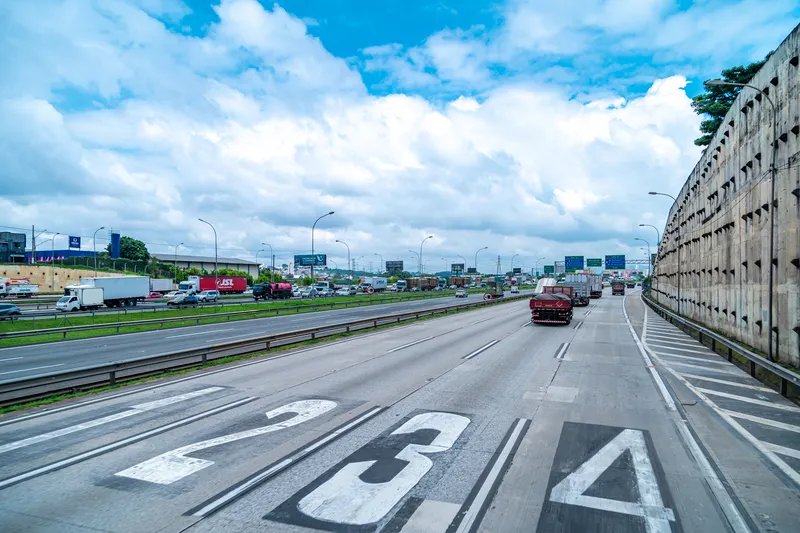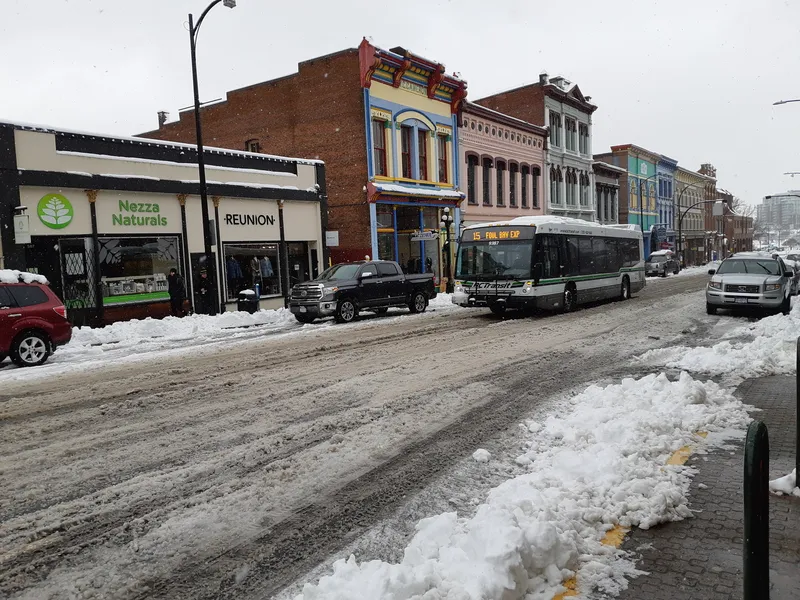
In March, Kapsch TrafficCom is to open the first part of a major free-flow tolling project in Brazil on 200km of the highway which connects Rio de Janeiro and Santos.
The BR-101 highway connects the country's most populous states is concessioned by CCR RioSP.
The coast road was completed in 1972 and is used daily by approximately 10,000 commercial vehicles.
Kapsch says the system is the first of its kind in Brazil since the required legislation was introduced in 2021.
"With more than 60,000km of highway, the Brazilian road network is one of the longest in the world, so this is a particularly strong lever for improving the traffic situation and reducing emissions," says Samuel Kapsch, executive vice president for Latin America at Kapsch TrafficCom.
Kapsch TrafficCom has been active in Latin America since 2000 and has now implemented projects in 10 countries and 19 cities in the region, focusing primarily on modern tolling systems and intelligent traffic management for highways and cities to avoid congestion and reduce emissions.










